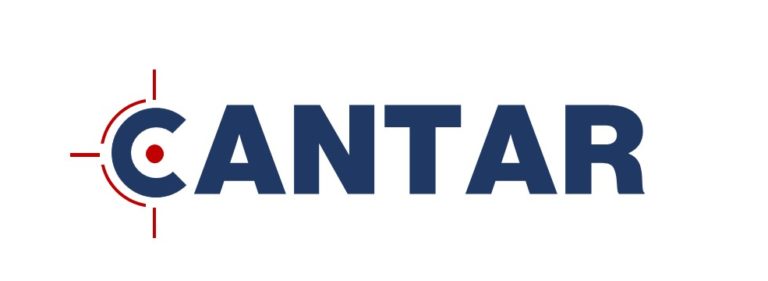-Thank you very much for your participation-
Welcome
Dear Colleagues and Friends
Following the inaugural West German Lymphoma Symposium in 2024, we are delighted to continue this exciting new tradition. The high level of scientific exchange during the first meeting confirmed the need for a dedicated regional and international forum focused on both preclinical and clinical lymphoma research.
The field continues to evolve rapidly, with major breakthroughs in the molecular understanding of the disease, the refinement of mouse models, and advances in preclinical drug development. These developments have led to significant changes in treatment strategies, including the integration of CAR-T cells, bispecific antibodies, and next-generation small molecules.
In parallel, the comprehensive cancer centers CIO-ABCD (Aachen, Bonn, Cologne, Düsseldorf) and WTZ-EM (Essen, Münster) in North Rhine-Westphalia have intensified their collaboration, notably through the establishment of the National Center for Tumor Diseases West (NCT-West, Essen and Cologne), fostering robust clinical and translational lymphoma programs and to excite young researchers for lymphoma research,
Building on this momentum, we are pleased to invite you to the second West German Lymphoma Symposium, designed to strengthen regional and international exchange, engage young scientists, and continue shaping the future of lymphoma research together.
The symposium will take place on May 21–23, 2026 in Essen, Germany, at the heart of the Ruhr area = “Ruhrgebiet”.
We would be thrilled to welcome you once again—or for the first time—as part of this growing community. Abstract submissions are warmly encouraged. Selected abstracts will be featured in short talks and considered for poster prizes.
With all our best wishes and warm regards
Conference chairs and program committee members

Christian Reinhardt
University Hospital Essen
West German Cancer Center

Bastian v. Tresckow
University Hospital Essen
West German Cancer Center
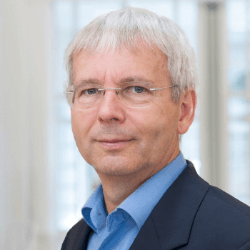
Ralf Küppers
University Hospital Essen
Institute for Cell Biology (cancer research)
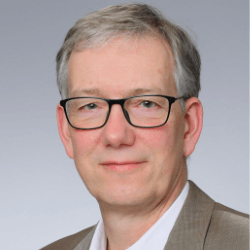
Peter Borchmann
University Hospital Cologne Clinic for Internal Medicine
Oncology/ Haematology
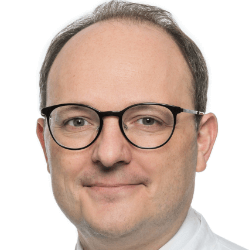
Sascha Dietrich
University Hospital Düsseldorf
Clinic for Haematology, Oncology and Clinical Immunology

Stefan Alig
University Hospital Essen
West German Cancer Center
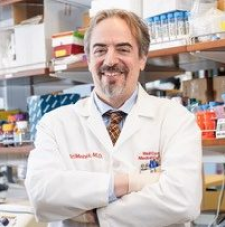
Ari M. Melnick
Josep Carreras Leukaemia
Research Institute Barcelona
